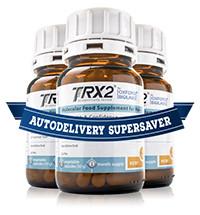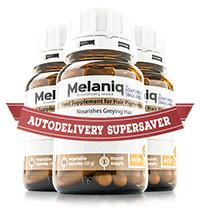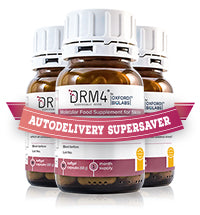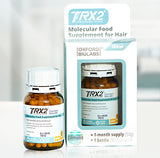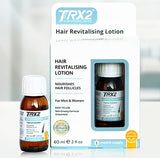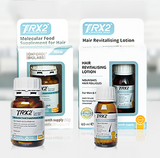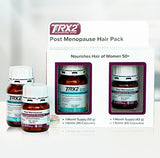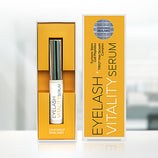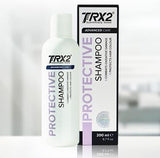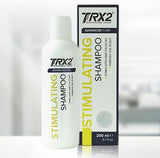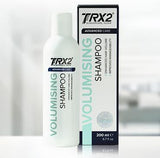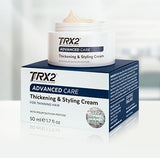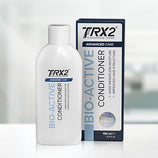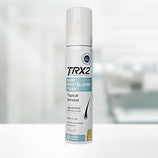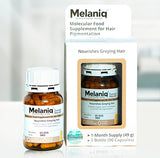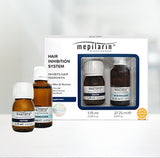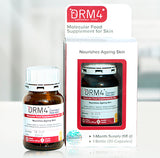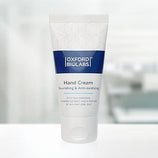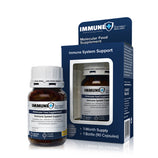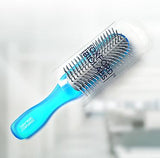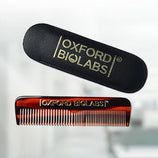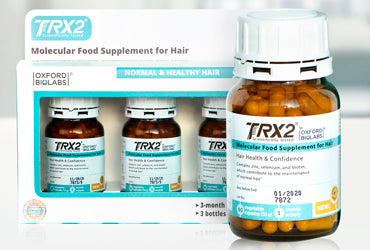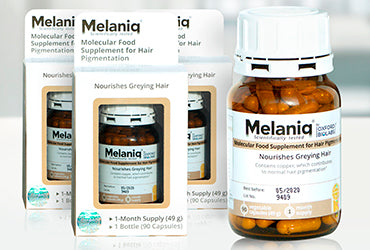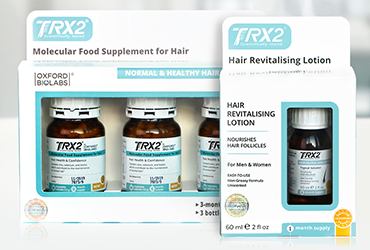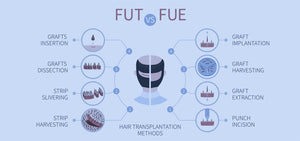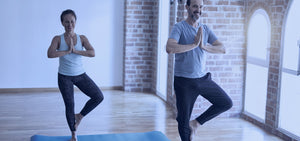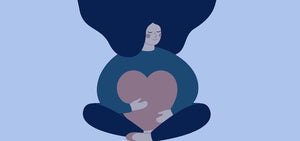Hair loss isn’t the only sign of ageing. There are plenty of physical and mental symptoms that manifest as we get older, the least of which is thinning hair. We may start to feel sick more often, we might become tired more easily, or we might stop enjoying youthful activities like going to parties or playing competitive sports.
What distresses most hair loss sufferers is not the natural process of ageing, but the perception that ageing has begun prematurely. When we feel (for one reason or another) that we are being robbed of our youth, we become hypersensitive to every physical change that our body endures.
Although hair loss itself cannot be fully reversed (yet), we can work to quell the anxiety of “premature ageing” by taking other steps to improve our body, mind, and appearance.
For instance:
Avoid too much sun exposure – Try to limit the amount of time you spend under the sun, especially between 10 am and 3 pm (this is the time when the sun’s rays are most harmful to the skin). Staying under the sun for extended periods of time without UV protection can cause dry, wrinkled skin and dark spots. Aside from contributing to the appearance of premature ageing, these signs can (in some instances) develop into more serious diseases like skin cancer.
Use sunblock – Always protect your skin when you go outside. Whether it is sunny or cloudy our skin is still vulnerable to harmful UV rays. The application of sunblock is highly recommended not just on your face, but also on your entire body.
Exfoliate and moisturise – Exfoliating dead skin cells is necessary for our skin to absorb nutrients and moisturiser. If possible, try to make exfoliation a routine behavior (for instance, twice a week). When choosing a skin cream, look for anti-ageing formulations that contain retinol as an active ingredient. It is known to strengthen skin and reduce the appearance of wrinkles.
Reduce alcohol consumption and stop smoking – These two vices are not only bad for the liver and lungs, but they also contribute to the appearance of premature ageing. Alcohol prevents our body from utilising important nutrients and antioxidants. Smoking reduces collagen levels in the skin, causing wrinkles to appear under our eyes, around our mouth and on our forehead. Although damage caused by smoking and drinking cannot be reversed, further damage can be prevented by limiting these habits as much as possible.
Exercise – Make exercise an essential part of your beauty/health routine. Exercise improves tendon and bone strength, tones muscles, improves our ability to resist sickness, expels toxins, and reduces stress – all of which are all related to the human ageing process.
Stress less and smile more – We know it’s hard to simply forget problems or instantly remove stress from our lives, but it is important to limit the extent to which we dwell on bad experiences. What is the easiest way to improve the way we look and feel every day? Smile more! It works.
Eat healthy – When people say that fruits and vegetables can do wonders for your physical appearance, believe it. Foods that are rich in Vitamins C and E increase energy levels and improve the appearance of our skin and hair.
Drink plenty of water – Drinking at least 8-10 glasses of water is recommended every day. Water flushes away waste from the body and keeps the body and skin hydrated. Drink up!
Get enough rest/sleep – Getting enough sleep is one of the most important aspects of maintaining a more youthful appearance. During sleep, the skin repairs itself from the damage it incurs during the day. Sleeping also allows our body and mind to recover from exhaustion – allowing us to remain more positive and active when we are awake.
These tips are applicable to everyone. It doesn't matter how young (or old) you really are, anti-ageing techniques can reduce stress and improve self-esteem. Make them a part of your routine today. The earlier you start, the bigger the impact they will have!
Dr. Whitfield, CEO and Founder of Oxford Biolabs answers your questions.
Question: Dr. W, is your product going to work to grow hair on the eyebrows? Will it work for temporal regrowth?
Thank You!
– Jon B.
Answer: Thanks for your question! We expect our product to work on both the eyebrow and temple regions. This has not been specifically proven in clinical trials yet, but we are optimistic that the result will be satisfactory for either condition.
Thomas F.A. Whitfield, DPhil, is an internationally recognised expert on potassium ion channels, former scientist of the University of Oxford’s Department of Biochemistry and member of Oxford Biolabs® Scientific Advisory Board.

Let’s be honest: curing hair loss isn't easy!
When we embarked upon this endeavor, we knew that we had to approach hair loss from a completely novel perspective. Existing products failed to produce the results that patients demanded, and this unmet need necessitated safe, affordable and effective alternatives.
What does this mean for you? It means that the success of our company depends on the satisfaction of our customers. Our sincere commitment to cost, quality and convenience is unmatched by any competitor.
The TRX2® Hair Regimen provides patients with unprecedented access to our breakthrough science – striking the perfect balance between maximum efficacy and minimum cost. Learn more about the food supplement designed specifically for postmenopausal women experiencing hair loss and/or thinning.
Become the Customer of Oxford Biolabs® to experience the second generation of hair. Together, let’s make hair loss history!
This Research Update column highlights articles related to recent scientific inquiry into the process of hair loss. It is not intended to promote any specific ingredient, regimen, or use and should not be construed as evidence of the safety, effectiveness, or intended uses of the TRX2® product. The TRX2 ® label should be consulted for intended uses and appropriate directions for use of the product.
